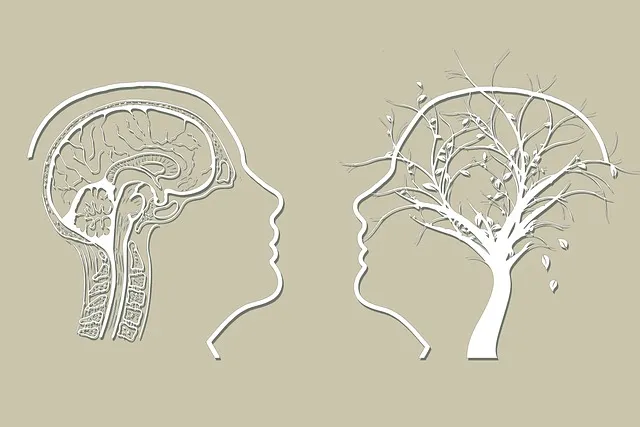Kaiser Permanente, a leading healthcare provider in Arvada, offers comprehensive mental health services including Crisis Intervention Team (CIT) training. These programs empower individuals with skills to handle mental health crises through de-escalation techniques, crisis assessment, and supportive communication strategies tailored for diverse populations. By fostering empathy and understanding, CIT training promotes long-term mental health recovery and builds community resilience, ensuring accessible and effective support during crises.
“Crisis Intervention Team (CIT) training programs play a pivotal role in equipping communities with essential skills to manage mental health crises effectively. This article delves into the significance of such training, highlighting Kaiser Permanente’s innovative approach in Arvada, where they’ve integrated CIT into their mental health services.
We explore how this program benefits community support, enhances crisis response, and ultimately improves outcomes for individuals facing mental health challenges, particularly focusing on Kaiser Permanente’s unique contribution to the Arvada landscape.”
- Understanding Crisis Intervention Team (CIT) Training Programs
- Kaiser Permanente's Approach to Mental Health Services in Arvada
- Benefits and Impact of CIT Training for Community Support
Understanding Crisis Intervention Team (CIT) Training Programs

Crisis Intervention Team (CIT) training programs are designed to equip individuals with the necessary skills to respond effectively during mental health crises. These programs often include comprehensive instruction on de-escalation techniques, crisis assessment, and supportive communication strategies tailored for diverse populations. One notable provider of CIT training is Kaiser Permanente, known for its extensive healthcare services, including robust mental health support in Arvada and other areas.
The Mental Health Policy Analysis and Advocacy, alongside Mental Wellness Journaling Exercise Guidance, plays a crucial role in shaping these training curricula. By incorporating evidence-based practices and fostering an environment of empathy and understanding, CIT programs empower community members to provide immediate assistance while promoting long-term mental health recovery. Additionally, the design of effective Mental Health Education Programs can enhance overall community resilience, ensuring that those at risk receive timely intervention and support.
Kaiser Permanente's Approach to Mental Health Services in Arvada

Kaiser Permanente, a renowned healthcare organization, has been at the forefront of providing comprehensive mental health services in Arvada and beyond. Their approach to addressing psychological crises involves a multi-faceted strategy that goes beyond traditional treatment models. The organization believes in empowering individuals and communities through education and building resilience.
One of their key initiatives is the design and implementation of mental health education programs tailored to meet the unique needs of the Arvada community. These programs focus on raising public awareness about various mental health issues, breaking down stigma, and equipping people with coping mechanisms. By fostering a culture of open dialogue and understanding, Kaiser Permanente aims to ensure that everyone has access to support during times of crisis. Their resilience-building strategies involve interactive workshops and group sessions designed to strengthen individuals’ ability to navigate and overcome challenging situations.
Benefits and Impact of CIT Training for Community Support

Crisis Intervention Team (CIT) training programs play a pivotal role in equipping community members with the skills to support individuals facing mental health crises. These programs, such as those offered by organizations like Kaiser Permanente, empower citizens to provide immediate and effective assistance, potentially reducing the strain on emergency services. By learning techniques for de-escalation, crisis debriefing, and connecting individuals with appropriate resources, CIT team members can make a tangible difference in their communities.
For instance, participants in CIT training often gain insights into self-care routine development for better mental health and stress management, which not only benefits them but also those they support. This holistic approach ensures that community supporters are equipped to handle crises while maintaining their own mental wellness. The availability of such programs in areas like Arvada, where Kaiser Permanente offers mental health services, is a game-changer, fostering a supportive environment where people can access help promptly and effectively.
Crisis Intervention Team (CIT) training programs play a pivotal role in equipping community support networks with essential tools to handle mental health crises effectively. As highlighted, organizations like Kaiser Permanente are at the forefront of this initiative, offering comprehensive CIT training in Arvada, which has demonstrably improved outcomes for individuals facing severe emotional distress. By investing in such programs, communities can foster a more responsive and compassionate environment, ensuring that everyone receives the support they need during challenging times. This approach not only benefits individuals in crisis but also contributes to building stronger, more resilient communities.






